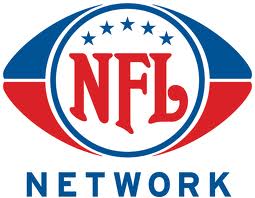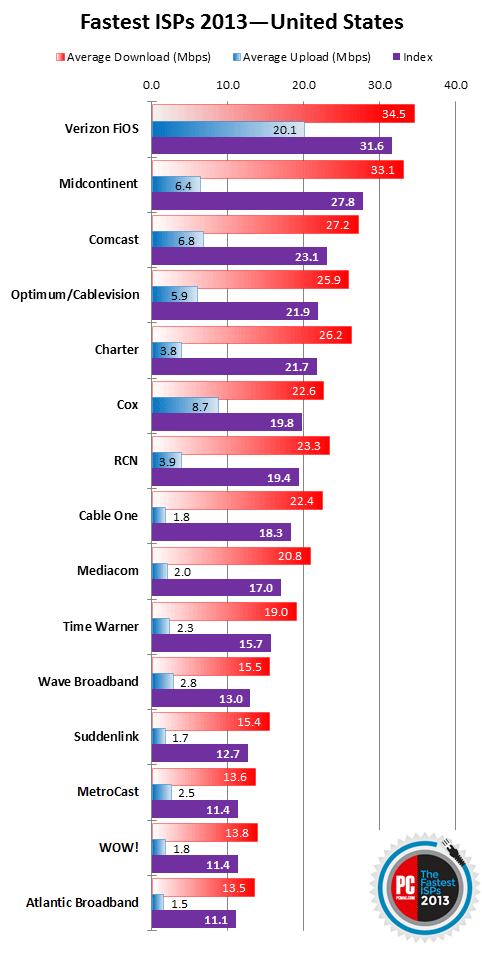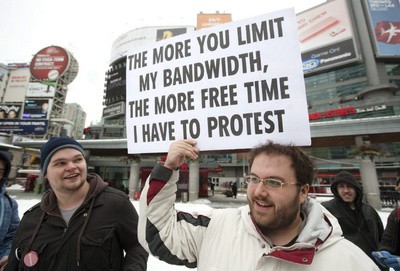
Drahi
Patrick Drahi, the billionaire ruthless cost-cutting owner of Altice SA told a French parliamentary hearing he didn’t go ahead with a serious bid for Time Warner Cable because he lacked enough management talent to run a huge cable company in a country he only recently entered.
“I didn’t follow up on the exchanges we had on Time Warner Cable that were mentioned in the media because we were not ready,” Drahi told a French parliamentary hearing on Wednesday.
Drahi testified French-owned banks were ready to help finance a deal that would have stolen Time Warner Cable away from Charter Communications. Instead, Drahi has decided to spend a little time digesting his acquisition of Suddenlink to gain experience in the U.S. cable market before he moves on other cable operators. Drahi believes he will be the only buyer left to cut major cable consolidation deals.
“Time is on our side” for the U.S. expansion,” Drahi said. “The two leaders Comcast and Charter will not be able to buy anything else because of their size so we will have an open boulevard ahead of us. If I buy five small operators, I can be as big as Time Warner Cable.”
The five most-likely cable operators Drahi will pursue, according to a business editor at RFI, the French overseas broadcaster: Cablevision, Cox, Mediacom, WOW!, and Cable One. Cox and Mediacom are privately held and Cablevision is tightly controlled by its founding Dolan family, so Drahi will likely have to sweeten deals to convince all three to sell.
Reuters reports Drahi is especially interested in the smaller, less profitable operators because they are ripe for his brand of cost management and consolidation-related savings.
“Even better, that means we will have room to improve them,” Drahi said.
Drahi remained enthusiastic about Cablevision, despite the fact it serves one of the most competitive markets blanketed by Verizon FiOS in the United States.
“It’s good actually since it means they know how to compete,” Drahi said.
Drahi’s reputation is well-known in Europe based on his earlier acquisitions. Altice favors telecom and cable companies seen as poorly managed or undervalued which Drahi targets for massive cost-slashing to improve profitability. The investments he does make are largely to benefit high-end customers he values the most.


 Subscribe
Subscribe Three cable operators have announced additions to their TV Everywhere services that let cable television subscribers stream certain cable networks from home computers and portable wireless devices.
Three cable operators have announced additions to their TV Everywhere services that let cable television subscribers stream certain cable networks from home computers and portable wireless devices. Unfortunately, there are only a handful of NBC-owned and operated broadcast stations across both companies’ service areas. In most cases, local affiliate stations are owned and operated by other corporate entities and will not be included in this deal.
Unfortunately, there are only a handful of NBC-owned and operated broadcast stations across both companies’ service areas. In most cases, local affiliate stations are owned and operated by other corporate entities and will not be included in this deal. Mediacom sent Stop the Cap! a press release today indicating it is boosting broadband speeds at no charge for customers starting this June and continuing through the summer months.
Mediacom sent Stop the Cap! a press release today indicating it is boosting broadband speeds at no charge for customers starting this June and continuing through the summer months. Verizon FiOS is the fastest nationwide broadband service available.
Verizon FiOS is the fastest nationwide broadband service available. “
“
 Other customers incensed about the new usage limits have called to cancel service only to be threatened with steep early termination fees.
Other customers incensed about the new usage limits have called to cancel service only to be threatened with steep early termination fees.